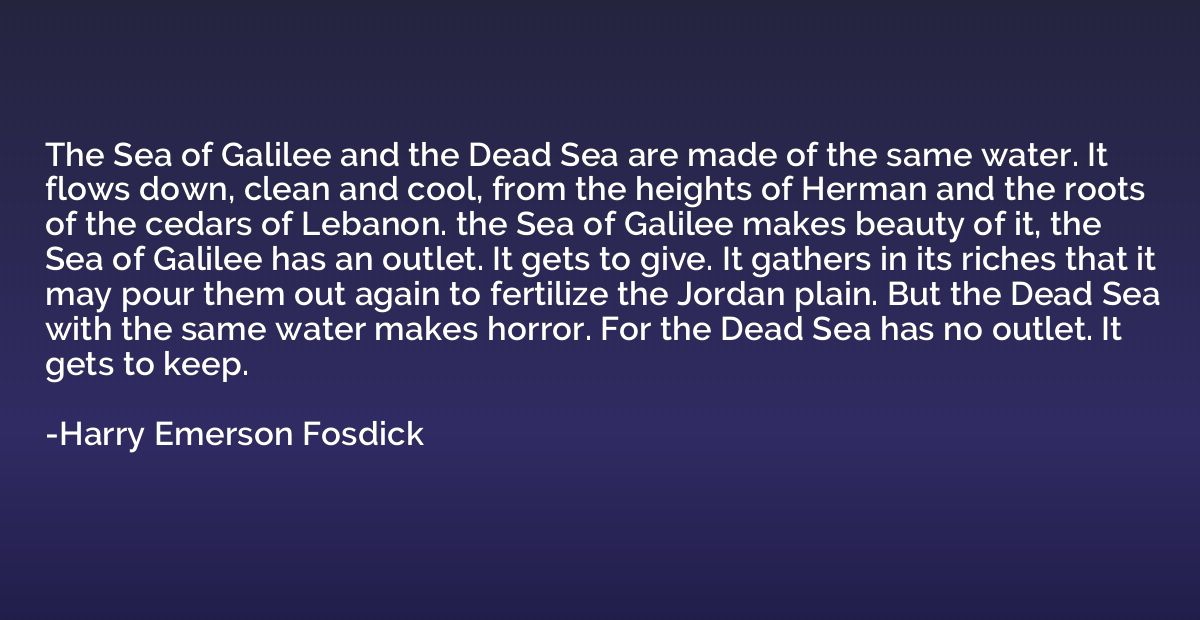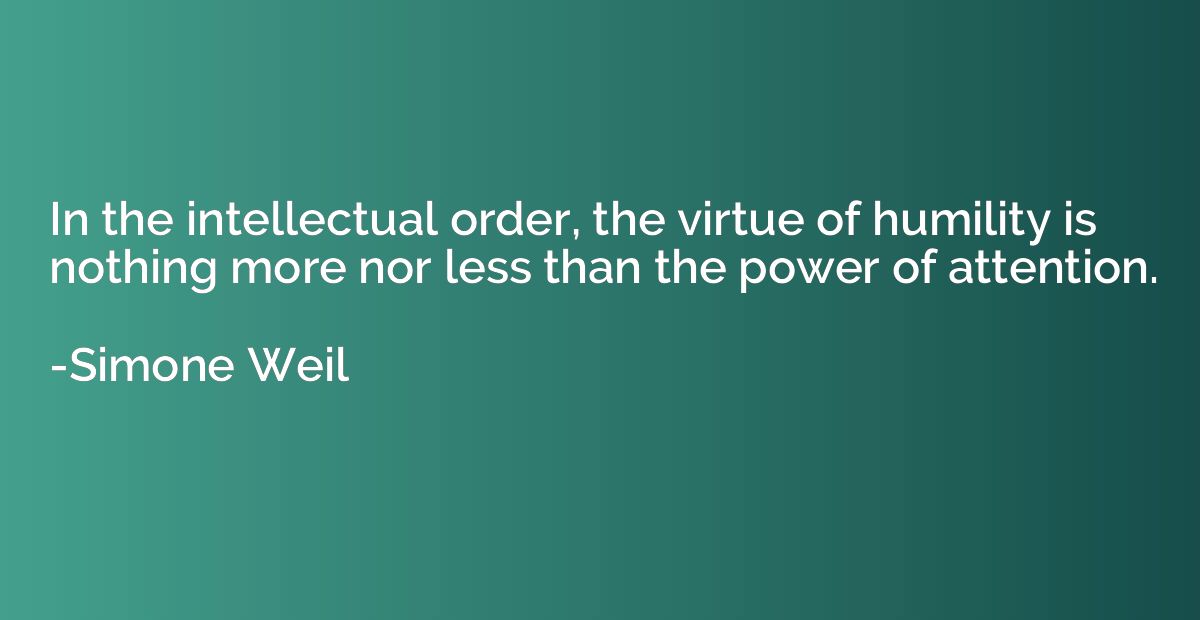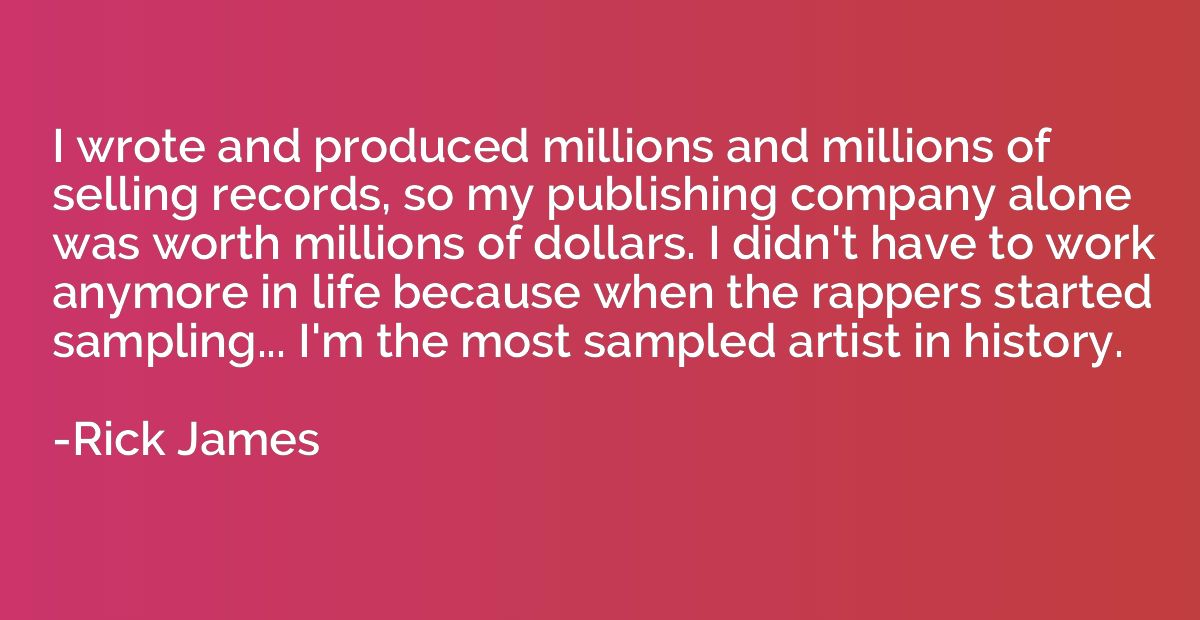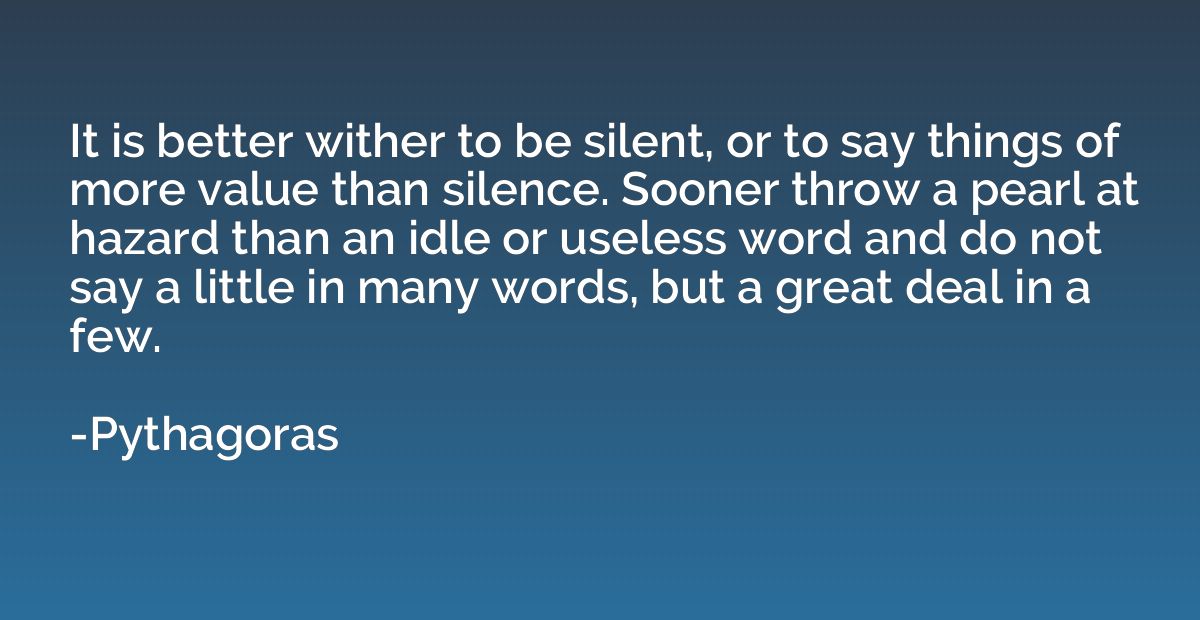Quote by Harry Emerson Fosdick
The Sea of Galilee and the Dead Sea are made of the same water. It flows down, clean and cool, from the heights of Herman and the roots of the cedars of Lebanon. the Sea of Galilee makes beauty of it, the Sea of Galilee has an outlet. It gets to give. It gathers in its riches that it may pour them out again to fertilize the Jordan plain. But the Dead Sea with the same water makes horror. For the Dead Sea has no outlet. It gets to keep.

Summary
This quote compares the Sea of Galilee and the Dead Sea, despite them both being made of the same water source. The Sea of Galilee is portrayed as beautiful because it has an outlet and it gives back to its surroundings by nourishing the Jordan plain. Conversely, the Dead Sea does not have an outlet and holds onto everything it receives. This causes the water to become stagnant and horrifying, emphasizing the importance of giving and sharing rather than hoarding and keeping for oneself.














